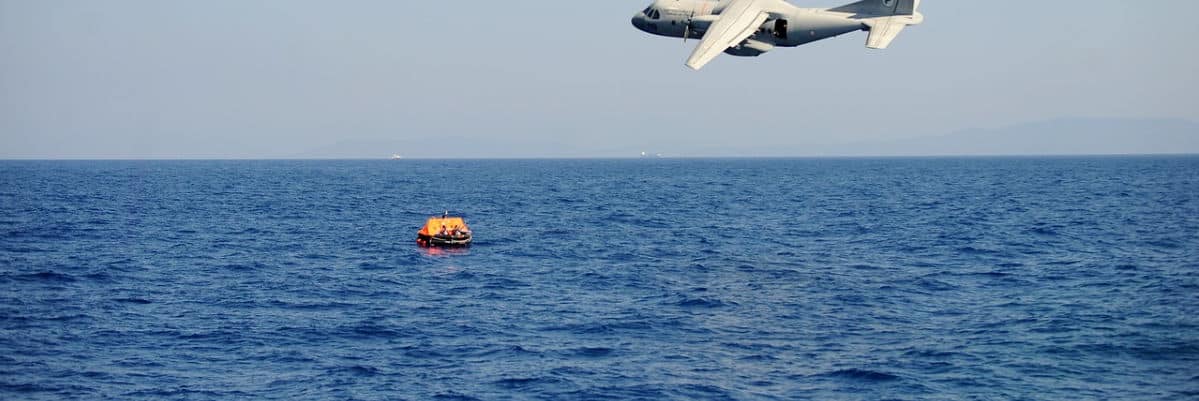Hunger and blackouts are triggering an unprecedented economic crisis in countries of origin of migratory flows.
Turmoil triggered by rising food and energy prices are gripping Egypt, Bangladesh and Tunisia, at the top of the list for landings in Italy with 10,000 illegal immigrants in 2022, three times more than in the same period of 2020. The whole thing risks turning into an apocalyptic "tsunami" of landings, thanks also to the attractive presence of German, Norwegian and Spanish NGO ships close to the Libyan coast. Egypt has 104 million inhabitants, while Bangladesh, the most densely populated nation in the world, has 166 million.
Rising interest rates in the United States increase the cost of service and the public debt of these countries, which are billions of dollars in debt to combat covid. The food and energy crisis due to the stark reality of the Ukraine war looks set to last for months, and this cocktail of risks has already pushed Sri Lanka into default, while other emerging economies are poised to follow suit. More trouble is on the way: like the new covid outbreak that is blocking China's ports, with Europe and the United States spooked by a possible recession. For the IMF, the Ukrainian war is like "a seismic wave impacting the global economy," and the World Bank cut its global growth forecasts by announcing the creation of a $170 billion recovery package for nations in crisis.
Sri Lanka devalued its currency by 40% and suspended foreign debt payments, deciding to use what remains of its reserves to cover food and energy imports rather than pay investors. Turkey, Egypt, Tunisia, Ethiopia, Pakistan and Bangladesh lead the list of emerging markets exposed to financial collapse due to war. These countries' governments have increased lending to cushion the impact of the pandemic and war; now debt is held by banks ready to speculate on risk and withdraw loans as economies slow and government bond values fall. Increased borrowing costs are likely to become more pressing as the Fed, to combat domestic inflation, raises interest rates on U.S. Treasuries, government bonds considered safe haven assets for many developing states.
Central banks in Egypt and Tunisia are raising rates in an attempt to control prices, but it's worth remembering that just a decade ago rising food prices helped drive regime change. In Bangladesh, the government is cutting electricity to households and industry because it can no longer buy coal and gas. The cash-strapped Tunisian government has raised fuel prices four times in the last year and tourism has disappeared. Medina vendors joke that marijuana is easier to buy than flour. In Egypt, the world's largest importer of grain, the disappearance of Russian and Ukrainian supplies has hit hard. The Egyptian pound has been devalued by more than 15 percent and President El-Sisi has urged the people to settle for less rich meals in breaking the Ramadan fast.
So let's expect a hot summer and, with this Minister of the Interior, let's prepare for the worst, hoping that good weather will come as late as possible.
Senior Fellow of the Centro Studi Machiavelli. Admiral of division (res.), former commander of destroyers and frigates, he has held important diplomatic, financial, technical and strategic assignments for the Defence and Navy Chiefs of Staff, both at home and abroad, at sea and on land, pursuing the application of capabilities aimed at making the Italian defence and security policy effective.









Scrivi un commento